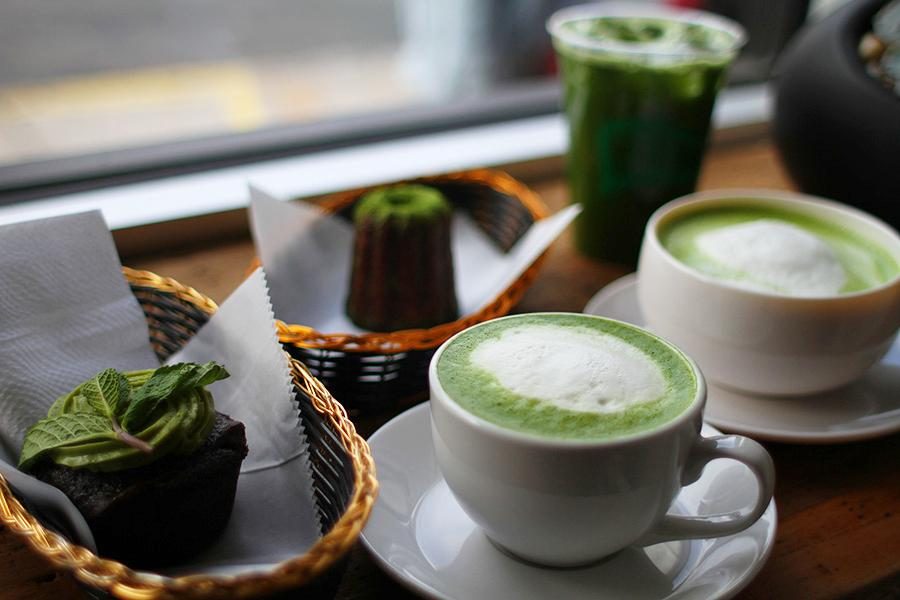Wellness blogs, gourmet grocery stores and health food cafes are abundant with so-called superfoods. Goji berries allegedly protect your body from cancer as well as relieve symptoms of depression and anxiety. Bee pollen supposedly strengthens your immune system and speeds wound healing. The infamous kale apparently ameliorates heart health and makes your hair grow longer and stronger. With claims like these, who wouldn’t shell out a few extra dollars to try and reap the benefits of these superfoods? Whether you recently switched your rice habit for quinoa, swear by having avocados on your toast or find yourself topping your not-so-healthy cereal with chia seeds, the hype of superfoods has changed the eating habits of many NYU students.
NYU is home to many enthusiasts of healthy living, whether they pursue an academic interest in the area or just self-learn to meet the needs of their special nutritional preferences. Regardless, superfoods have entered their lives to some extent. CAS first-year Sofia Bilder Cordero said that as a vegetarian, she consumes superfoods on a regular basis — especially avocadoes.
“I think they are nutritious, but like everything, should be consumed in moderation,” she said, and doesn’t think their marketing has affected her eating habits. “All of these foods are ones that I would consume even if they weren’t marketed as ‘superfoods.’”
On the other hand, CAS senior Julia Hasson may have bought into the superfood craze.
“I consume superfoods regularly, and I do feel that they have health benefits to them,” Hasson said. “I feel physically better after eating them compared to other unhealthier foods.”
Hasson did acknowledge that the praise superfoods receive on social media may have affected her diet.
“I do wonder if this is mainly because the media and society has made us believe that they have health benefits and so we convince ourselves that they do,” she explained.
Buying into these trends may not always produce miracle effects on health. Coconut oil, for example, was touted as a healthy alternative to cooking oils. But after a closer look into its nutritional value, coconut oil contains over 80% saturated fat, which is detrimental to health in large quantities and is associated with cardiovascular disease. Acai bowls, which might make for a refreshing breakfast, are loaded with sugar and carbs, especially once toppings like dessicated coconut and manuka honey are added. You’re probably better off sticking to the humble eggs or oatmeal most mornings.
However, there are students on the other end of the spectrum of the superfoods debate. Steinhardt junior Esin Baskaya, who studies Nutrition and Dietetics, doesn’t buy into the superfood hype.
“No single food or food group is enough by itself for the biological functioning of the body,” Baskaya said, based on her experience studying nutrition. “All foods — all nutrients — act in concert with each other, affecting the body as a whole in the most complex biochemical pathways imaginable. Selecting a handful of foods to be superfoods is dangerous, misleading and very unfortunate for the real nutritional science.”
Email Yaprak Ugurses at [email protected].


























































































































































